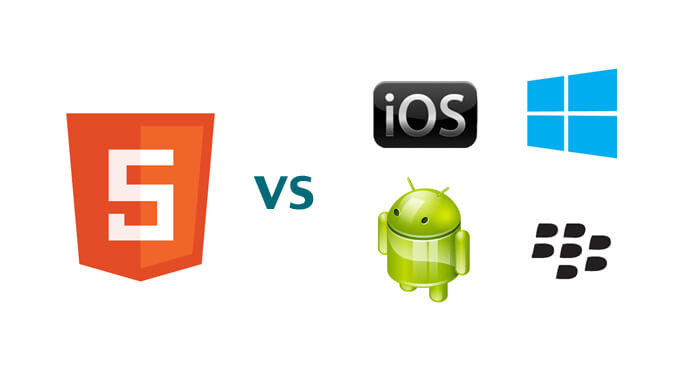Smart phone revolution has given rise to a new era of mobile applications. Everyone has got a smart phone or desires to have one. Applications power the smart phone and help users in optimally utilizing their coveted treasure. The demand for applications has given birth to a new industry called mobile app development. With more number of mobile development companies emerging, the cost of creating applications greatly reduced. This resulted in the creation of powerful applications. Businesses increasingly go for creating a mobile application as it offers a number of benefits including spreading brand awareness, marketing products and services, personalized communication with clients etc.
A number of companies hire mobile application developers for creating cross platform applications which implies that an application can run on all existing platforms or on a few platforms. For instance, a cross-platform application can run on Microsoft Windows on the x86 architecture, Linux on the x86 architecture and Mac OS X on either the PowerPC or x86 based Apple Macintosh systems. It is very rarely that an organization goes for a native application, which runs only on a single platform. A native application is designed to be used on a specific platform or device. There are some benefits associated with creating a native application while going for a cross-platform is suitable most of the times. Following are the points that indicate why a business should go for a cross platform application.
- The first benefit is obvious. The chief advantage that a cross platform application offers over a native application is that it can be used on various platforms. This helps a business get a wider reach. Different users of smart phones use different platforms. Having a cross platform application helps a business reach all these different users. The cross platform compatibility ensures widest reach to the business.
- A business might assume that they would go for a native application and then port the application to different platforms. However, they might be unaware that porting a native application to other platforms is a time consuming process as every new platform requires a similar amount of time for coding.
- Creating a native application requires increased range of needed
skills. This necessitates hiring more number of mobile application developers for the mobile development project. This leads to increase in the cost and efforts. While cross-platform application has its own benefits, following are some of the situations when a business should opt for a native application. - When the high performance of the application is highly essential, native application should be opted for as it ensures great quality graphics, images, scripts and data. All this ensure peak performance.
- The best advantage of native apps is that you can run it offline and it can avail of the latest technology on your mobile. You can download it on your mobile and then use it offline. This goes well for mobile solutions based on video or game scenarios.
Thus, choosing a native or cross-platform application depends on your business requirements.
Image Credit: https://tinyurl.com/rs9y9jp


